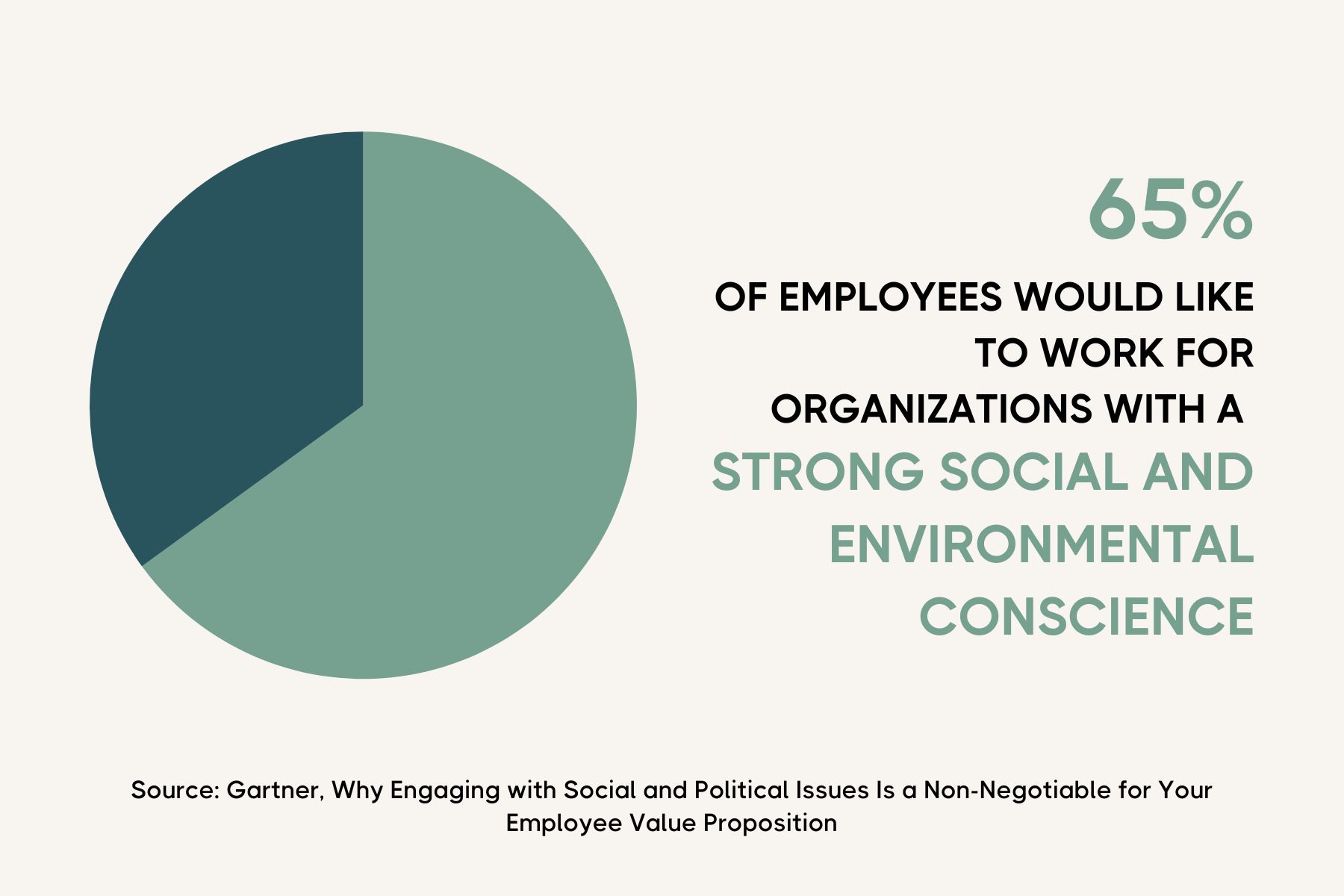
Upload Your CV
Send us your CV and a member of the team will be in touch to discuss open opportunities with you.
On the 28th of September 2023, specialist communications recruiter, ...

On the 28th of September 2023, specialist communications recruiter, Matthew Stevenson, hosted a roundtable for leaders in the industry.
As we head towards the end of the year, this event provided an excellent opportunity for members of the communications community to come together and share their thoughts on 2023 and their predictions for the year ahead. Having gathered CCOs, Communications Directors and Heads of Communications from a variety of industries, they discussed the following topics:
Keep reading to find out the key takeaways from their conversation.
It’s undeniable that we have experienced a turbulent past few years, with COVID, Brexit and the Cost-of-Living Crisis to name but a few challenges faced across the UK. These events have shaken up every industry. Interested to find out their impact in the communications sector, Matt opened the conversation with asking how the role of communications has been re-defined in recent history.
It’s clear that these events have complicated the approach to both internal and external communications. Before Brexit and COVID occurred, communities were more aligned on their opinions. However, now, it’s more difficult to take one approach to global, political and social events, as beliefs are more divided.
“After Brexit, there have been a real spectrum of opinion and comms has had to become a lot more sophisticated.”
Subjects, such as ESG and sustainability, must be handled with care, in order to ensure that everyone feels comfortable with messaging.
The challenge seems to be especially prevalent in the internal communications world, with employees becoming increasingly concerned about social and political issues. Research from Gartner reveals that 65% of employees “would like to work for organizations with a strong social and environmental conscience, which includes making statements about and taking action on the social and political issues they care about.”
With views split among workforces, internal communications teams have had to pivot strategies in order to ensure they’re accurately representing their workforce.

In recent years, the line between marketing and communications has becoming increasingly blurred. Many of the Communications Leaders in the room, shared how they’re often finding that marketing and communications teams are working on the exact same project at the same time without knowing.
“I see a happy marriage of marketing and communications working quite well.”
There seems to be a lot of cross-over with PR and content and SEO strategies. According to the leaders in the room, the two should become far more integrated. There are other benefits, of course. For instance, it’s also important that marketers are a part of crisis-management conversations, to ensure that the brand is always portrayed in the right way.
Increasing collaboration between marketing and communications teams is crucial to making a more efficient workforce.
The line blurring between marketing and communications is having an impact on job descriptions. Many roles are now asking marketers or communications experts to have experience in both worlds.
Taking this route will undoubtedly compromise the level of expertise that you’re getting within both skill sets.
Artificial Intelligence (AI) is a tool that lots of businesses aren’t sure on how to use. With it still being a very new piece of technology, it’s hard to know what best practice looks like for communications teams. As a result, this formed a large part of the morning’s conversation.
Lots of companies are apprehensive about AI, with many blocking the tools on employees’ computers. However, there are lots of opportunities that these businesses are missing out on.
“We’ve really focussed on the opportunity and that has re-assured people away from any human resource implications.”
One communications leader shared how they were actively implementing AI across their company. They have developed their own AI tool, which means that their data is protected, and the content produced is owned by them.
Taking an open-minded, positive approach seems effective when adopting the software and re-assuring for their employees. There is some concern around the tool replacing human staff, but as everyone in the room agreed, AI should be viewed as a facilitator and nothing more.
Another member of the conversation questioned the impact that AI will have on communications jobs, especially more junior roles. While everyone agreed that AI can produce a useful guide or first draft of a press release or journalist briefing, these responsibilities usually lie with PR and Communications Executives. Does the introduction of AI make these jobs redundant?
Simply, no. There will always be a need for junior communications roles within a business and team. However, the job descriptions might look slightly different, with skills such as prompt engineering becoming more important as hiring managers recruit for AI natives.
Moving forwards, the Communications Assistant and Executive will be able to manage the AI software, its inputs and its outputs.
One unique challenge that communications teams will face in the next 5-10 years is the growth in fake news.
“AI will devalue the news.”
Consumers are becoming more cautious around the content that they’re consuming, so comms teams will have to work harder to reach their intended audiences in the right way.
There is also a security risk when it comes to the advancement of AI. With the technology becoming more advanced, and imagery and videos now able to be falsified, there is a risk that your business could be targeted in new ways. As a result, your communications team should be staying up to date with the technology changes and have a plan in place to handle any issues.
One of the key frustrations that our recruiters have seen from Communications Leaders recently, is the lack of recognition from board level. As a result, Matt asked the comms professionals in the room to share their thoughts on how things can improve.
One attendee shared the importance of addressing “what keeps the C-suite up at night?” Communications professionals should consider what the business cannot live without.
Articles in prestigious newspapers are nice-to-haves, but what really makes PR & Comms teams indispensable in organisations is the work around reputation and crisis management. The latter is what they cannot live without, however it can also be challenging to measure. It's important to think about the wider picture, considering decision making and their impacts.
A big thank you to all of the communications professionals who attended this event and made it such a success. It was brilliant to have an opportunity to get our heads together and understand the future of communications.
If you missed out on this one, be sure to sign up below to be one of the first to hear about future communications events at 3Search.
Looking to prepare your communications team for 2024? Get in touch with our specialist recruitment consultants and start hiring today!